Catergory
PrivacyofThePeople

AB PM-JAY counts patients but discounts patient privacy
04 January, 2024
10 min read
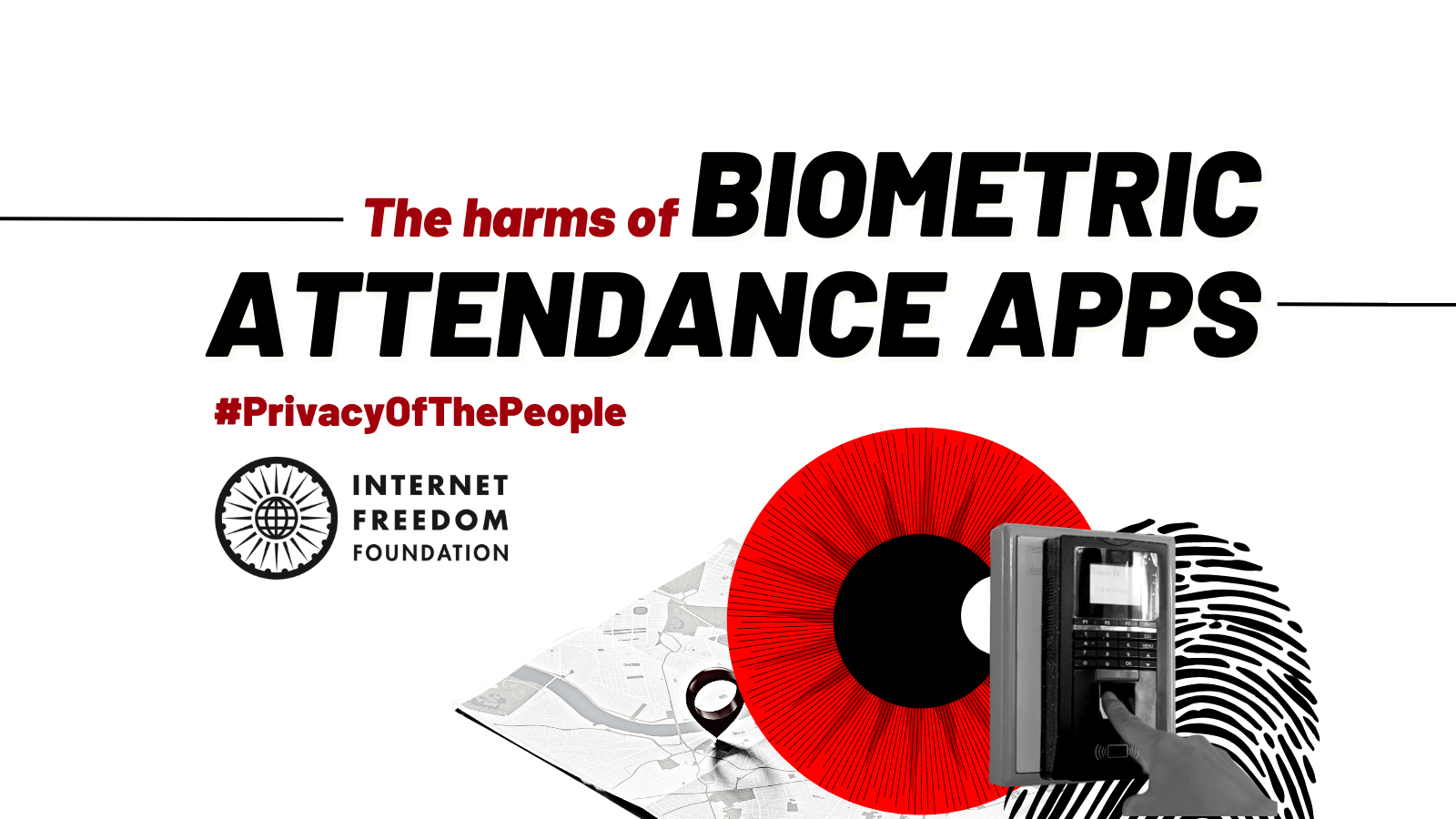
#PrivacyofthePeople: The harms of biometric attendance apps
07 March, 2023
5 min read

#PrivacyOfThePeople: End of season sale of your privacy on e-commerce platforms
01 October, 2022
7 min read
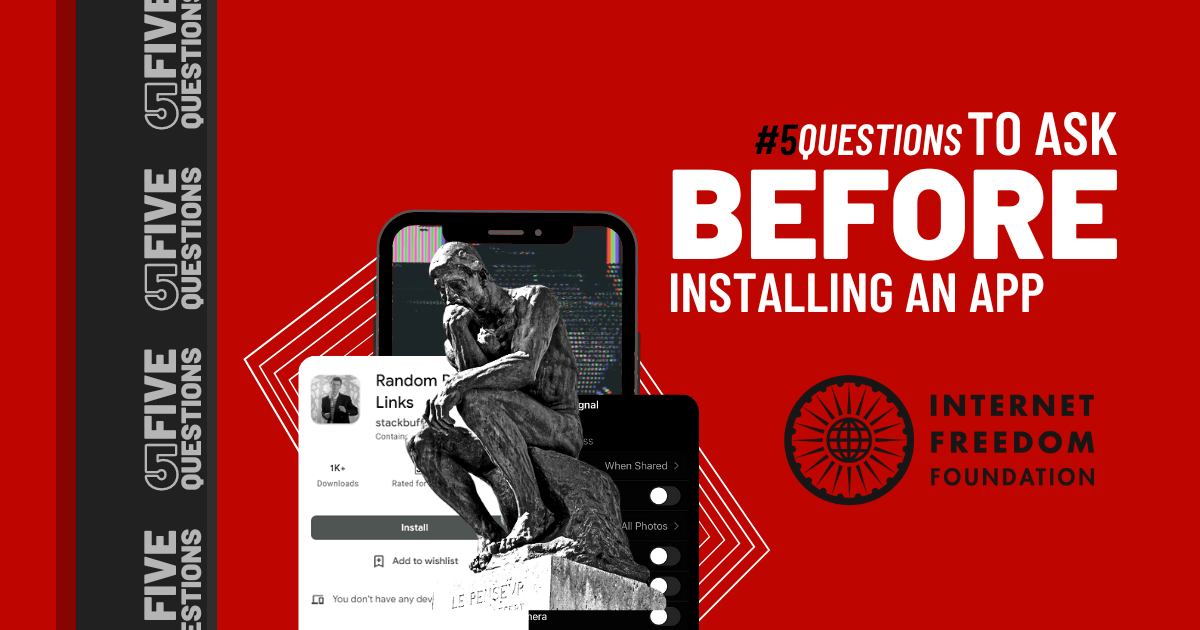
#5Questions to ask before installing an app
22 September, 2022
5 min read
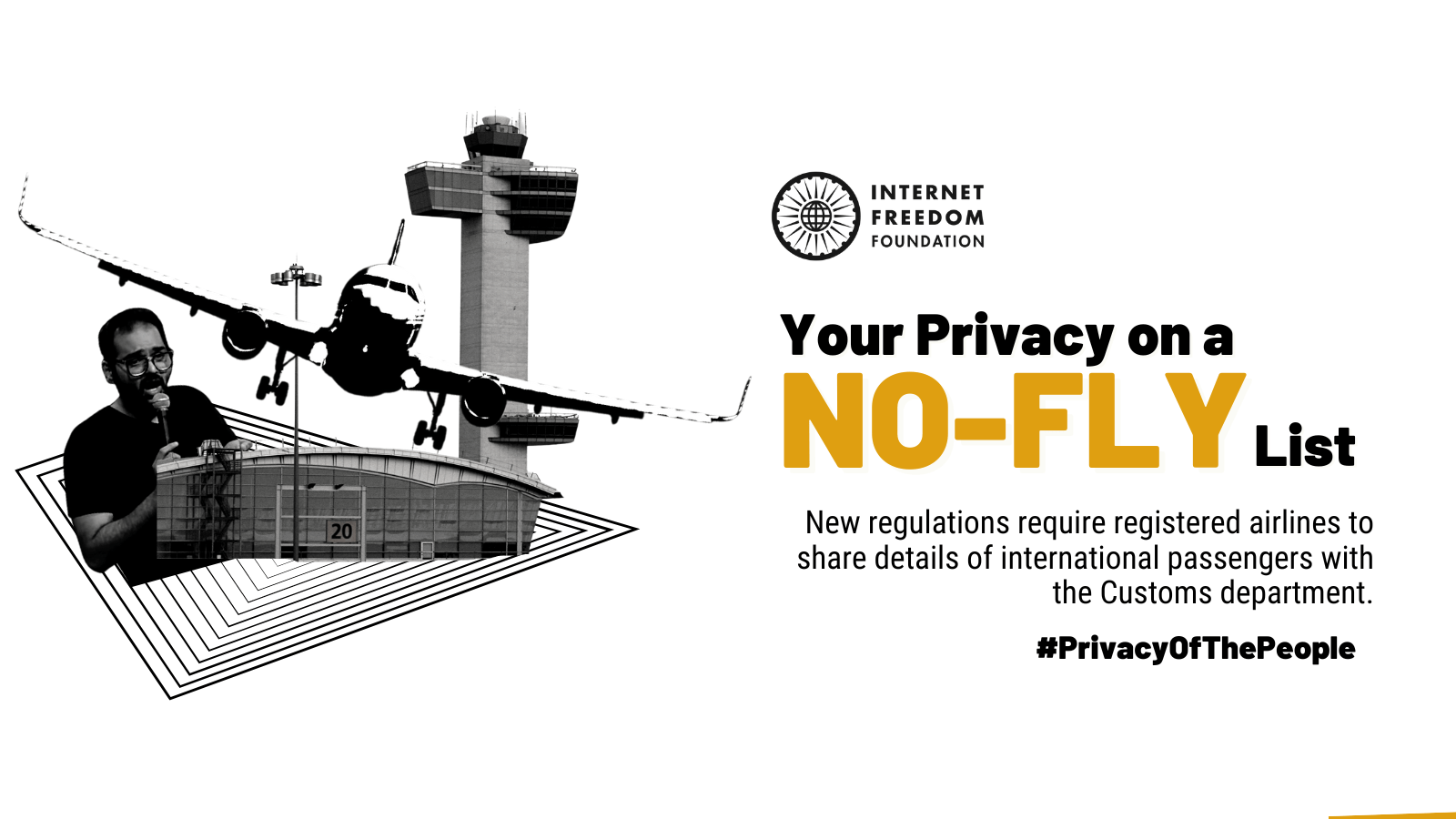
#PrivacyOfThePeople: The flight is about to take off…. with your luggage and data!
08 September, 2022
11 min read
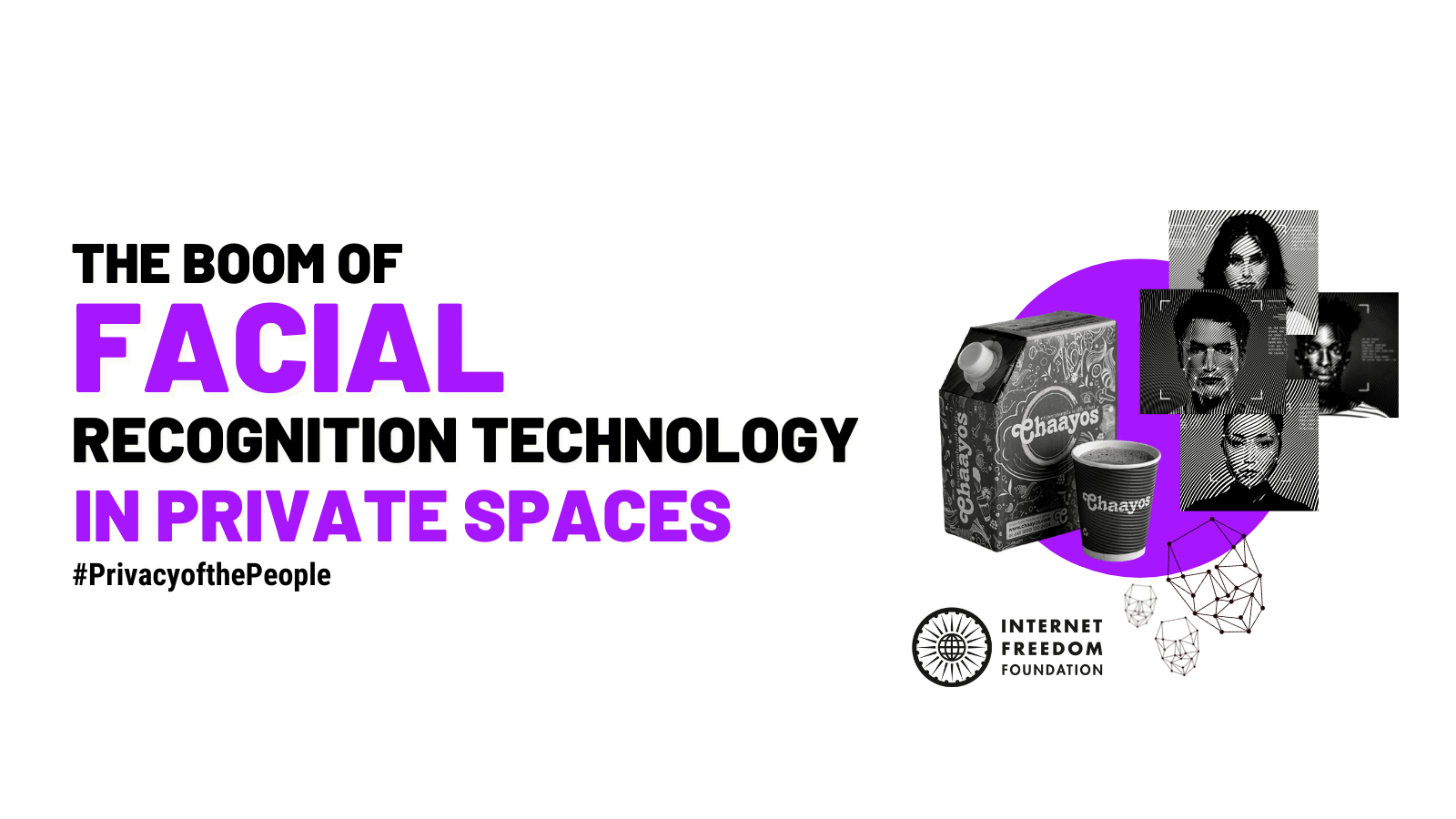
#PrivacyofthePeople: The boom of facial recognition technology in private spaces
31 August, 2022
4 min read
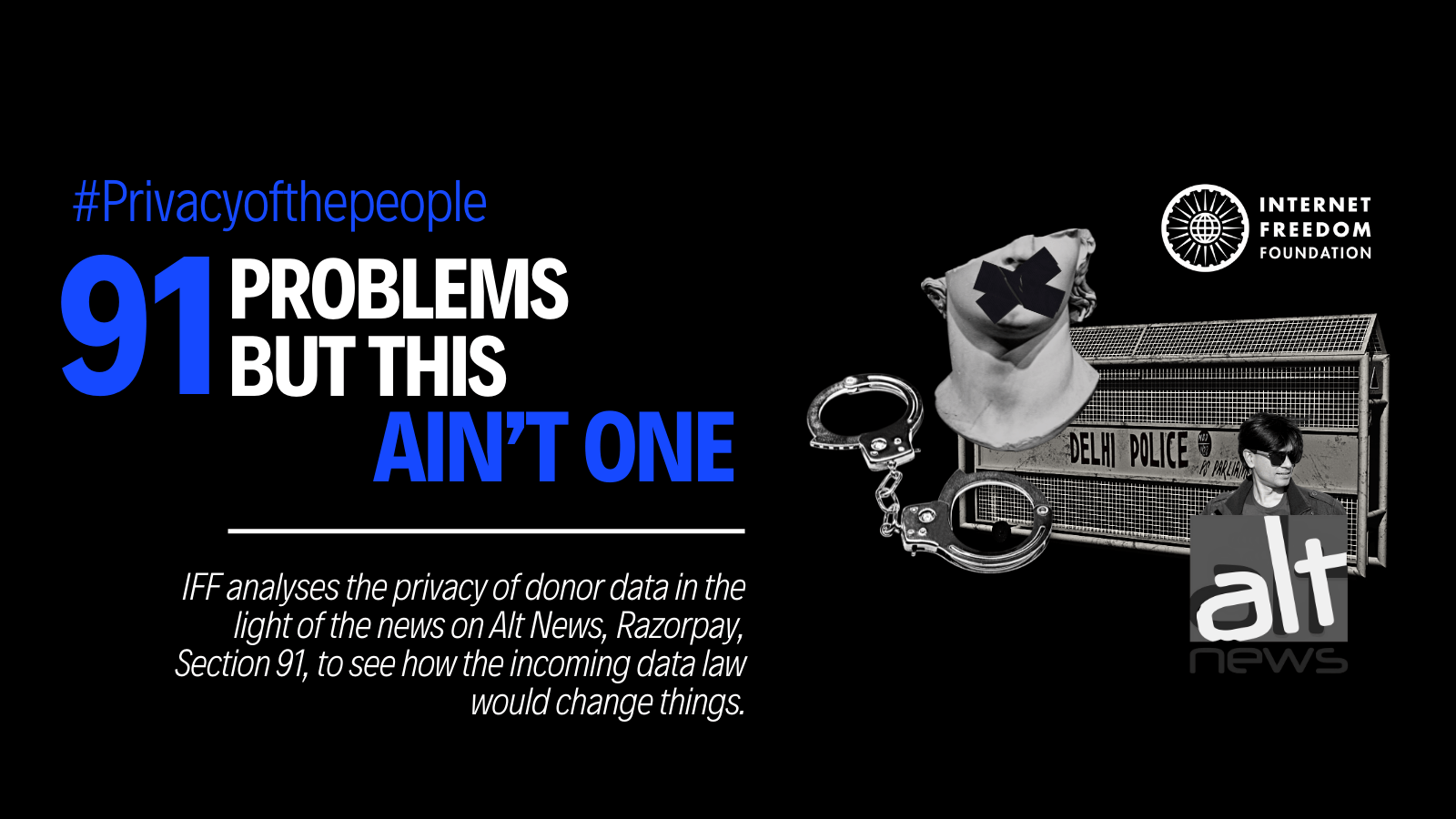
#Privacyofthepeople: 91 problems but this ain’t one
16 July, 2022
7 min read
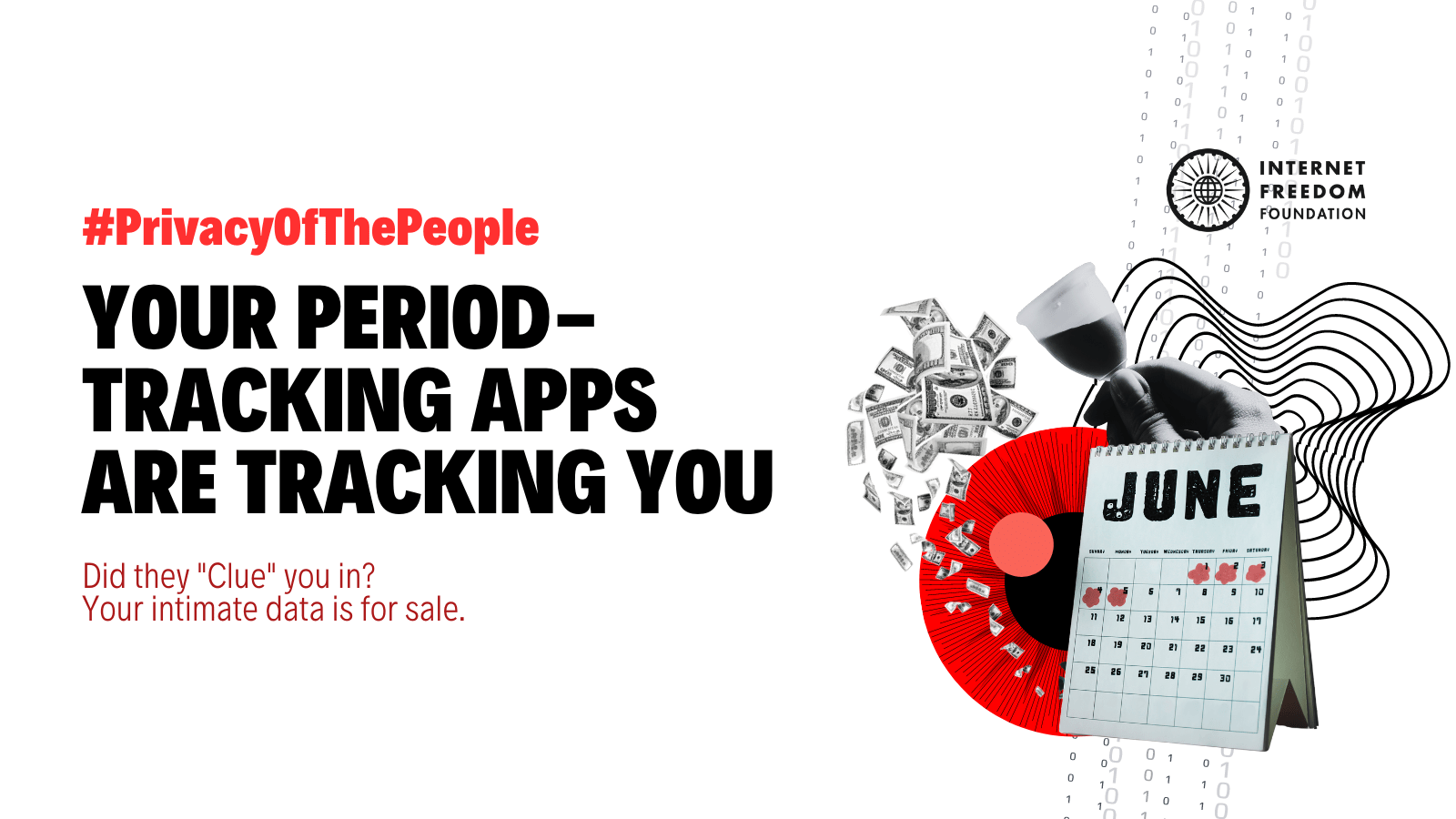
Your period tracking app is tracking you #PrivacyofthePeople
24 May, 2022
5 min read
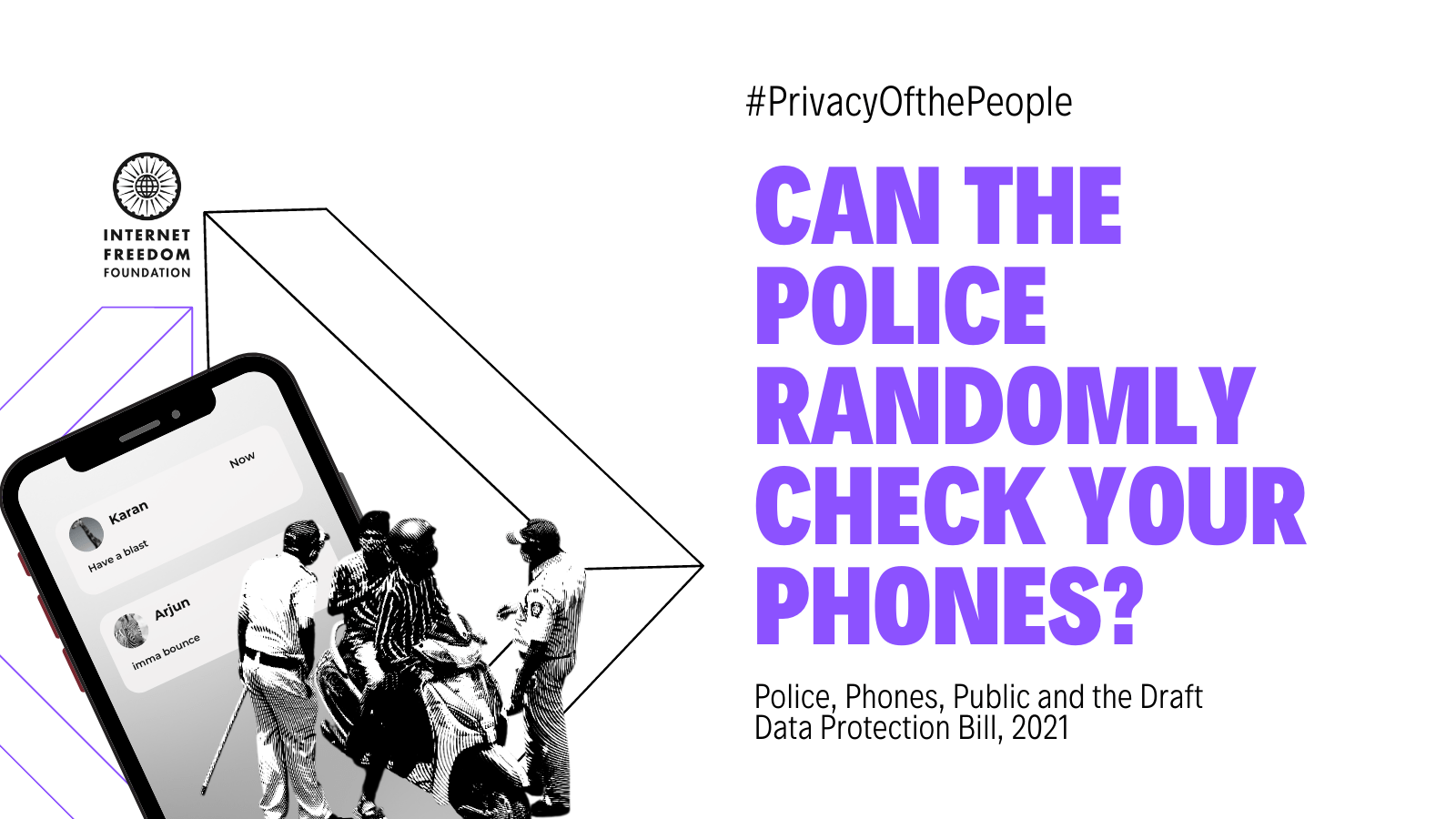
#PrivacyofthePeople: Random phone checks by the Police
10 May, 2022
6 min read
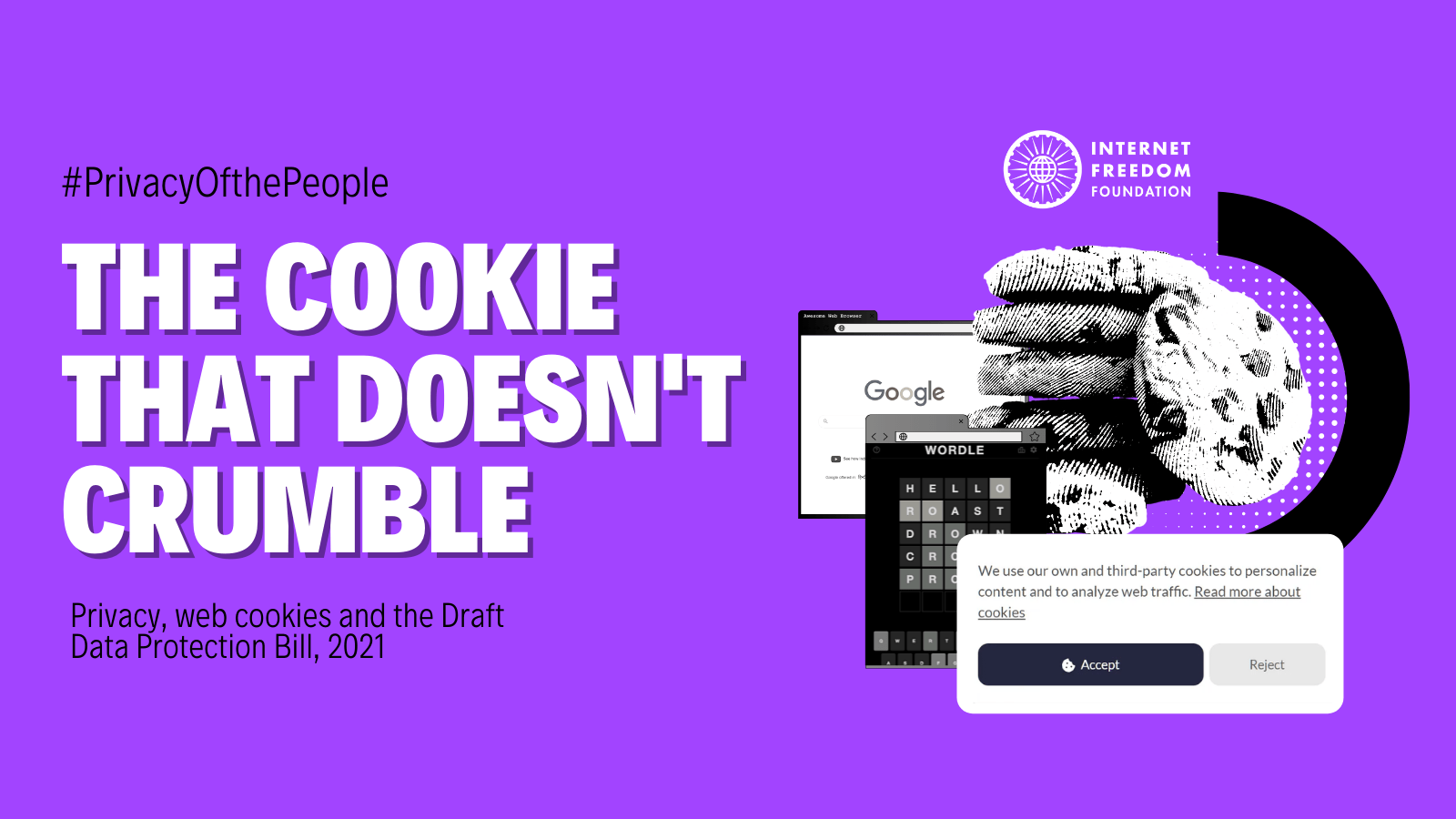
#PrivacyofthePeople: this Cookie will not crumble…
17 March, 2022
5 min read
